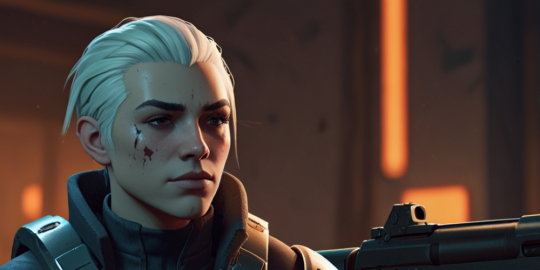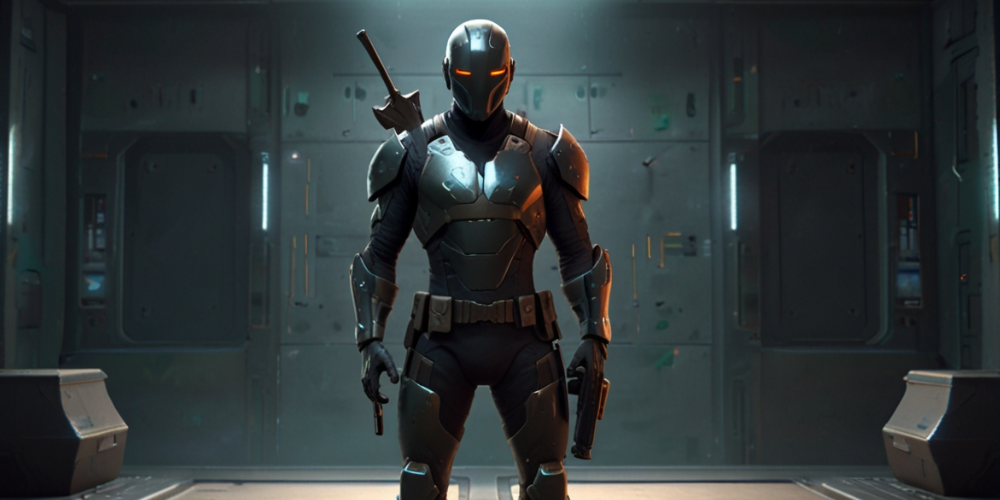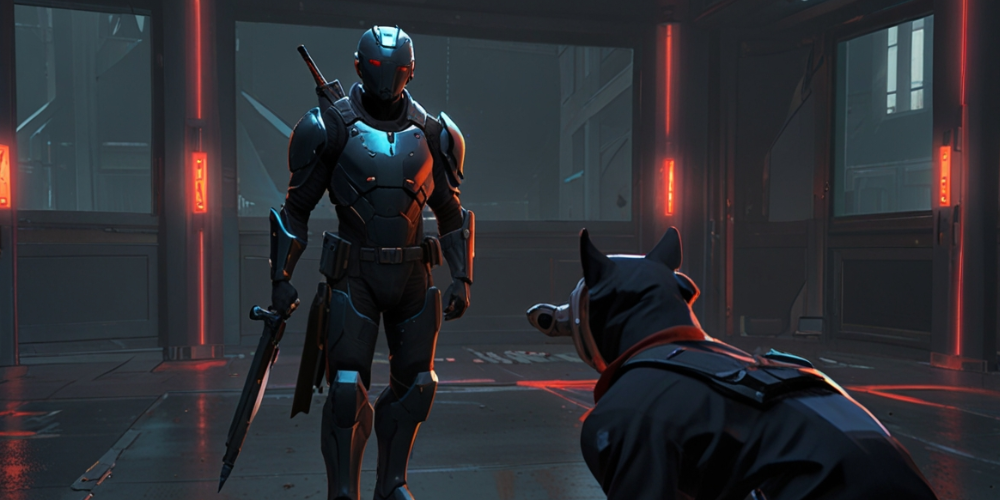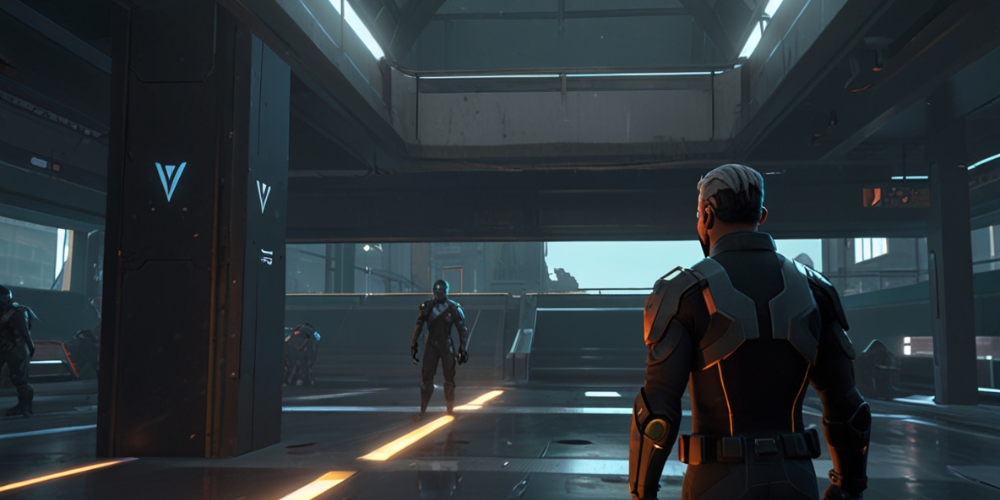
As I logged into Valorant one sunny afternoon, I felt the familiar rush of excitement. In the world of tactical shooters, the importance of team composition hit me like a freight train each time I queued up for a match. It wasn’t merely about choosing the most popular Agents; it was about understanding how our chosen characters complemented one another.
The Role of Agents
When I step into the game, I find myself considering the five roles: Duelist, Controller, Sentinel, and Initiator. Each of these roles offers unique capabilities and can significantly alter the flow of the match. Instead of just focusing on picking a favorite character, I learned to analyze our team as a whole to ensure that we had a balanced mix.
Choosing the Right Duelists
Duelists are aggressive and are primarily designed to take the lead during engagements. Every time I picked a Duelist like Jett or Reyna, I understood that my main job was to create space for my team, whether by securing early picks or pressuring the enemy. A strong Duelist can make or break the momentum of a match, and having at least one solid Duelist on the team is non-negotiable.
The Influence of Controllers
Controllers, like Viper or Omen, play a pivotal role in defining the battlefield. Their ability to manipulate sightlines and create obstacles often provides us with a strategic advantage. I always made sure to have at least one Controller when planning our composition, as their utility allows us to execute strategies that would be impossible without them.
Sentinels: The Backbone
Sentinels serve as our support system. Whenever I select Sage or Cypher, I focus on creating a safety net for the team. Being able to revive a fallen comrade or gather intel can tremendously influence how a round plays out. It’s like having a second chance, and it gives us the confidence to take risks we might otherwise avoid.

The Strategy Behind Initiators
Initiators are game-changers. Characters like Sova or Breach allow us to gather information or disrupt enemy positions. I realized that even a single well-timed ability could open up an entire site for us. Incorporating Initiators into our team composition ensured we had options and versatility when approaching points.
The Map Factor
Every map in Valorant brings its unique set of challenges and opportunities. Understanding the nuances of every location allowed me to adjust our composition accordingly. For instance, on larger maps like Haven, I often leaned toward a team with plenty of sight-blocking abilities and mobility options. Meanwhile, on tighter maps like Bind, having a mix of speedy Duelists and intelligent Controllers was a must.
Adapting to Opponents
It became evident that flexibility is crucial in every match. As I observed our opponents’ picks, I thought strategically about how we could counter their composition. If they went heavy on Duelists, peppering the team with Controllers and Sentinels could stymie their aggressive approach.
Communication: The Key to Success
As I engage with my team, communication rises to the forefront. Clearly articulating our strategies and individual roles can make the difference between a coordinated offense and a haphazard one. In the heat of battle, I learned to share my thoughts on which Agents synergized best and how we could use that to our advantage.

The Power of Entrusting Roles
Whenever I played Valorant with friends, divvying up roles based on individual strengths became essential. I realized that relying on teammates to excel in their chosen roles not only built trust but also created a productive atmosphere. When individuals leverage their strengths, the victory is perceived as a collective achievement instead of a personal triumph.
The Flow of the Game
Understanding the ebb and flow of a match helped me navigate through challenges. Early-round advantages were crucial, and emphasizing a harmonious team composition from the start allowed us to secure control over critical areas. I took notes on how important it was to execute strategies that could shift the gameplay dynamic in our favor.
Utility Management
Managing resources like abilities and ultimate charges became increasingly important as matches progressed. From my experience, I noticed that coordinated usage of utilities led to devastating effects. For example, combining Sova’s recon abilities with a Controller’s area denial can lead to overwhelming enemy forces.
Reading the Enemy
As much as team composition matters, I soon learned to study our enemy's strategies during matches. Adapting our own approach based on their gameplay became a must. A swift setup against a team heavily focused on aggressive entry frags was a different game than facing a more defensive lineup. Reading into their strategies helped us strategize our next move effectively.

Round-scaling Strategy
I found that incorporating a round-scaling strategy allowed for sustained pressure on the enemy. Establishing who played which roles, maintaining eco rounds, and planning full buys could lead to taking crucial rounds. Each decision needed collective agreement to maximize our chance of securing the game.
Post-Game Analysis
The importance of reviewing walks after a match became clear. I began examining each round, noting successes and failures and how they correlated with our composition. Analyzing previous matches helped evaluate what roles worked best and informed future decisions for team compositions.
The Evolving Meta
The game's consistent updates and Agent tweaks compelled me to stay informed about the evolving meta. I found that keeping track of which Agents were becoming more viable or less effective opened a treasure trove of strategies to experiment with. Adapting not only to my own play style but also to the shifting landscape kept goal-oriented gameplay fresh and exciting.
Conclusion
Each game of Valorant feels like a chess match, with team composition and strategy as central elements. Emphasizing balance across roles, understanding map dynamics, and communicating effectively can determine the outcome of each encounter. My time in Valorant has taught me that success comes not just from individual prowess but from strategic synergy and cohesive teamwork.